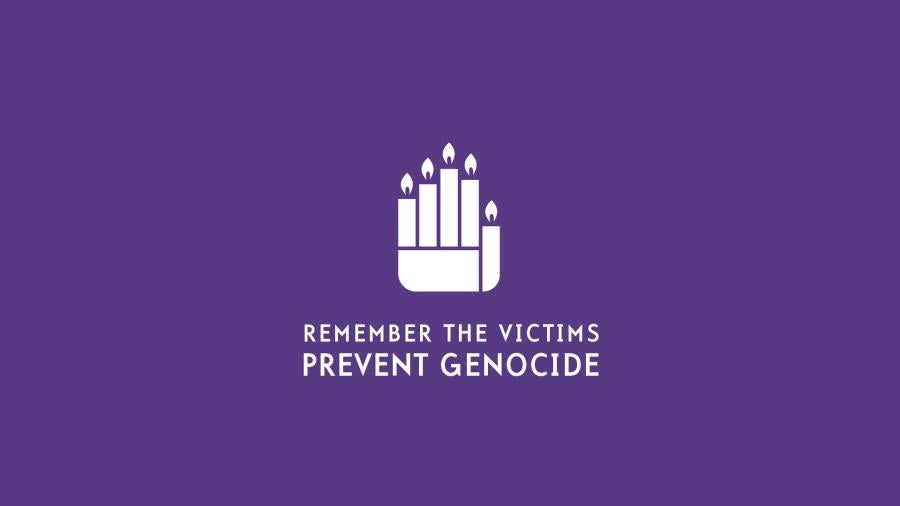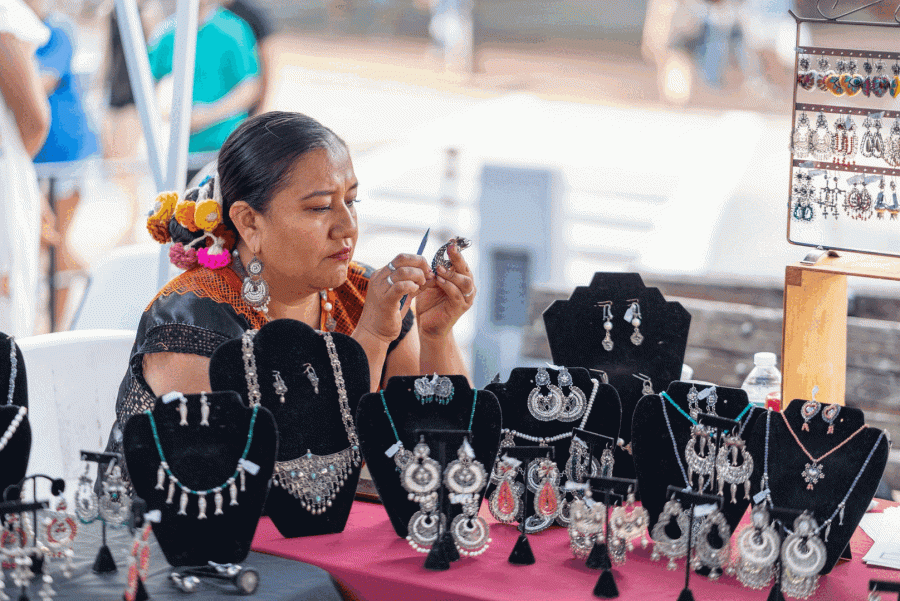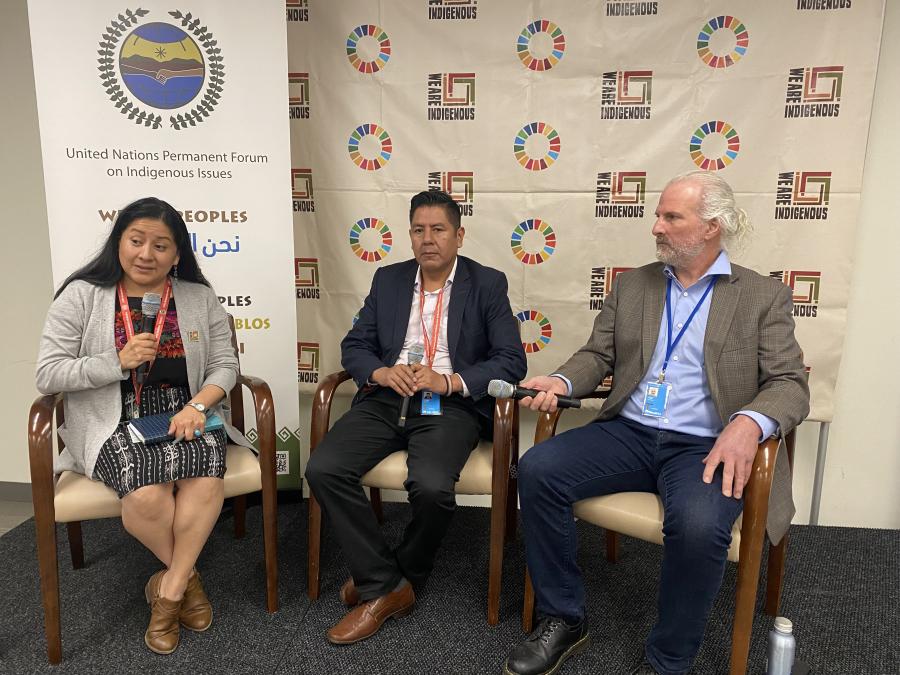


By Stephanie Borcea
On January 19-21, 2016 the United Nations Permanent Forum on Indigenous Issues held an Expert Group Meeting on Indigenous Languages at the UN Headquarters in New York. This meeting was a call to action for the preservation and revitalization of Indigenous languages. It is estimated that of the 6,000 to 7,000 oral languages in the world, one language dies every two weeks or less. Most of the languages experiencing this extinction are Indigenous ones. The experts at the meeting discussed methods of revitalizing Indigenous languages by examining successful initiatives as well as proposing new strategies.
According to a UN press release, among the strategies discussed, utilizing information and communications technology was suggested to be a powerful means of accessing the younger generation in order to keep languages alive. Initiatives that are already in place include the creation of web search and Gmail in the Cherokee language, configured by Craig Cornelius of Google Inc. together with the Cherokee Nation, WhatsApp messaging and online karaoke songs in Itelmen, a Russian Indigenous language, and the usage of television broadcasts and social media as an educational medium to reach children by Amy Kalili in Hawaii. The nexus of elders and youth was highlighted as being essential to the livelihood of Indigenous language as elders are often the last fluent speakers of the community and this knowledge is passed along to the younger generation to preserve and maintain.
Indigenous academic, Clint Bracknell, explains that each language carries with it a whole worldview; he calls them "untranslatables" or knowledge from the ancestors and other culturally distinct aspects that can only be communicated in the mother language. Bracknell suggests that having active domains of language use can help people continue to exercise their language skills in any given language. However, Bracknell also urges the production of more UN documents putting pressure on governments to apply and monitor initiatives at a local level. For instance, shortly after the Australian government began to require that Aboriginal languages be taught in local schools, school principals proceeded to lay-off employees that taught Aboriginal language.
The Indigenous delegates at the January meeting called upon Member States to proclaim an International Day and a United Nations decade for Indigenous languages in order to raise awareness to the urgency of the matter. Member States specifically called upon the United Nations Educational, Scientific and Cultural Organization (UNESCO) to “prioritize the preservation and revitalization of Indigenous languages and initiate practical programmes to that end.” It was also recommended to create a global fund to support Indigenous language initiatives with a focus on "community-driven language revitalization projects." Grand Chief Edward John of Canada's Tl'atz'en Nation expressed, "every Government and every State needs to work with Indigenous Peoples to keep these languages alive because when they are gone, the stream of cultural connections to that part of civilization is gone forever."
It was also noted that women are the primary transmitters of Indigenous languages to future generation. To this effect, the meeting "called upon the Commission on the Status of Women to consider 'empowerment of Indigenous women' as a priority theme." A successful example of this are "language nests" created by mothers in Hawai’i to bring back languages on the brink of extinction; as a result there are more than 18,000 fluent speakers in Hawai’i, a significant increase than ten years earlier. Amy Kalili explained that the "traditional knowledge that Indigenous Peoples hold is not only crucial to the Indigenous Peoples but to the sustainability of the people as a whole."
Among the member states that supported this message were: Australia, Argentina, Brazil, Bolivia, Canada, Colombia, Denmark, El Salvador, Finland, Guatemala, Mexico, Nicaragua, Norway, New Zealand, Spain and Peru. These states jointly expressed the issue of Indigenous language as an issue of rights, as well as pushed for the need to take effective measure to "ensure that Indigenous People could understand and be understood in political, legal, and administrative proceedings."
The final report on the Expert Group Meeting will be submitted to the Permanent Forum on Indigenous Issues in May.
Read documents from the meeting here.
Photos courtesy of United Nations Permanent Forum on Indigenous Issues.



